
Can Sunscreen Cause Acne? Everything You Need to Know
Acne is one of the most common skin conditions in the world, affecting up to 50% of people at some point in their lives. While acne is often thought of as a teenage problem, adults can suffer from acne, too. Many people wonder if acne is caused by something they eat or if it's related to their skincare routine.
But did you know that sunscreen can actually be one of the causes of acne? If you're wondering whether or not sunscreens cause acne and what to do about it, read on!
In this blog post, we'll discuss everything you need to know about the relationship between sunscreen and acne.
Can I use Sunscreen if I have Pimples on my Face?
Before we get into whether sunscreen can cause acne, let's first address the question of whether or not you can use sunscreen if you have pimples on your face.
The short answer is yes! You can and should use sunscreen even if you have acne. In fact, using sunscreen is one of the most important things you can do to help prevent future breakouts.
There are two main types of sunscreens: physical sunscreens and chemical sunscreens. Chemical sunscreens work by absorbing UV rays, while physical sunscreens work by reflecting UV rays away from the skin. Both types of sunscreens are effective at protecting the skin from damage caused by the sun. However, many people with acne find that physical sunscreens are less likely to cause breakouts.
If you have acne-prone skin, look for a sunscreen that is labeled "non-comedogenic" or "won't clog pores." These sunscreens are specifically designed to be gentle on acne-prone skin and won't clog your pores.
Apply sunscreen to all exposed areas of skin, including the face, neck, chest, and hands. Be sure to use enough sunscreen so that your skin is completely covered. Reapply sunscreen every two hours, or more often if you are swimming or sweating.
Acne is Caused by Which Bacteria?
Now that we've answered the question of whether or not you can use sunscreen if you have acne, let's talk about what actually causes acne.
Acne is caused by a combination of factors, including hormones, genetics, and the environment. One of the main culprits in acne is Propionibacterium acnes (P. acnes), a type of bacteria that lives on the skin. P. acnes thrive in oily and sweaty environments, which is why they are often found on the face.
When P. acnes get trapped in pores, they multiply and cause inflammation. This leads to redness, swelling, and eventually pimples or acne lesions. Acne can range from mild (a few occasional pimples) to severe (an acne breakout that covers the entire face).
There are many different treatments for acne, including over-the-counter and prescription medications. However, one of the best things you can do to prevent acne is to keep your skin clean and free of oil and sweat. This can be difficult during the summer when it's hot and humid outside. That's why it's important to use a good sunscreen that won't clog your pores!
So, Can Sunscreen Cause Acne?
In short, yes! Sunscreen can cause acne. However, it's important to note that not all sunscreens will cause acne. And, even if the sunscreen does cause acne, there are many things you can do to prevent or treat it.
Experts suggest that certain sunscreens contain chemicals that can trigger acne breakouts. For example, sunscreens that contain retinyl palmitate or Ethylhexyl methoxycinnamate may be more likely to cause acne.
These are active ingredients that are labeled comedogenic, which means they can clog the pores of the skin and lead to acne. Apart from the chemical composition, there are certain mechanisms of sunscreens that can also lead to acne.
For instance, some sunscreens can cause the skin to produce more oil. This can lead to clogged pores and acne. In addition, some sunscreens can irritate the skin, which can also trigger acne breakouts. They trap the sweat and sebum on the skin, which can lead to acne.
Which Sunscreen is Best for Acne Prone Skin?
As said earlier, physical sunscreens are considered to be better for acne-prone skin. This is because they don't contain any of the pore-clogging ingredients that can trigger acne breakouts.
Physical sunscreens are made with minerals like zinc oxide and titanium dioxide. These minerals sit on top of the skin and reflect UV rays away from the body. They don't soak into the skin like chemical sunscreens, so they are less likely to cause irritation or clogged pores.
Mineral Matte Tinted Sunscreen from The Pink Foundry is a good option for acne-prone skin. It contains zinc oxide and titanium dioxide, which provide broad-spectrum sun protection. The sunscreen is also non-comedogenic, so it won't clog your pores.
It encompasses a rich combination of Zinc Oxide and Titanium Dioxide, Shea Butter, and Cucumber, which not only shield the skin from Broad Spectrum UVA and UVB rays but also hydrates the skin and keeps it matte.
The best part is that The Pink Foundry has made its sunscreen waterproof! Yes, you can take a dip in the sea, enjoy the monsoon rain or sweat it out in the gym without having to worry about your sunscreen wiping away for the next 80 minutes.
Also Read: What Is SPF in Sunscreen?
Learn more about the product at our website.

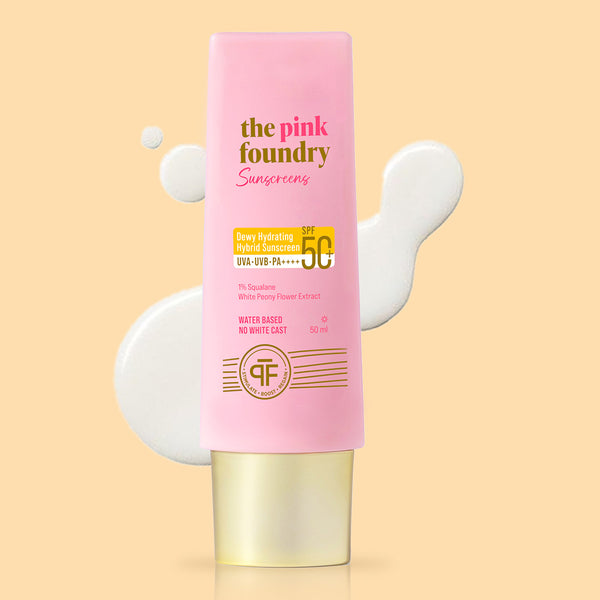
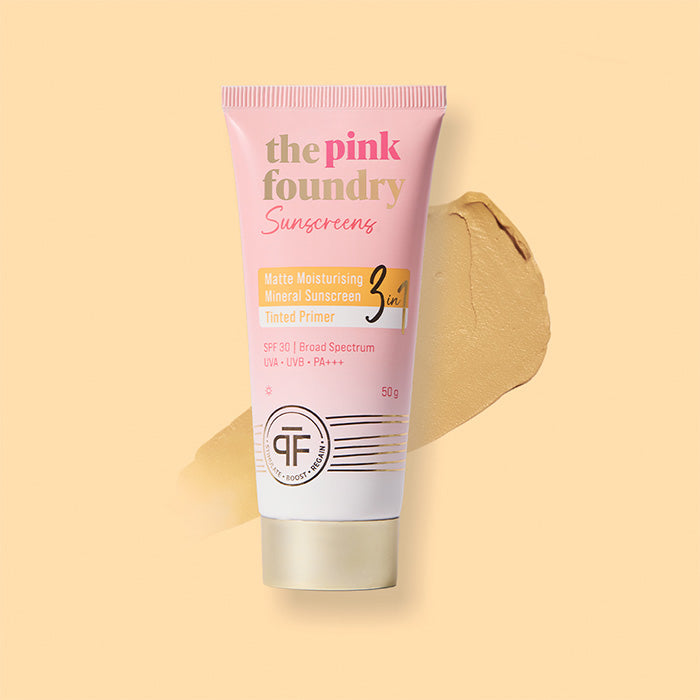





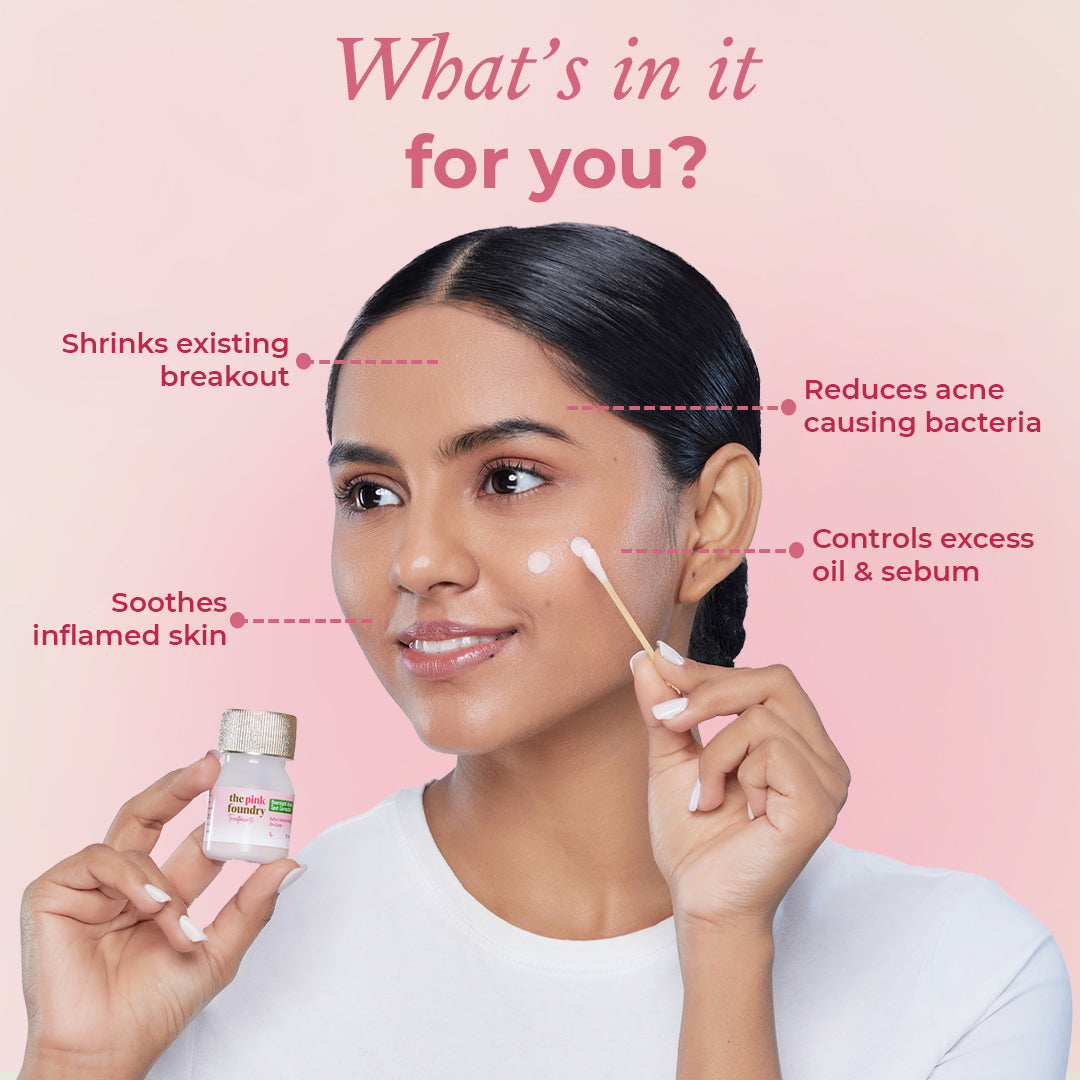
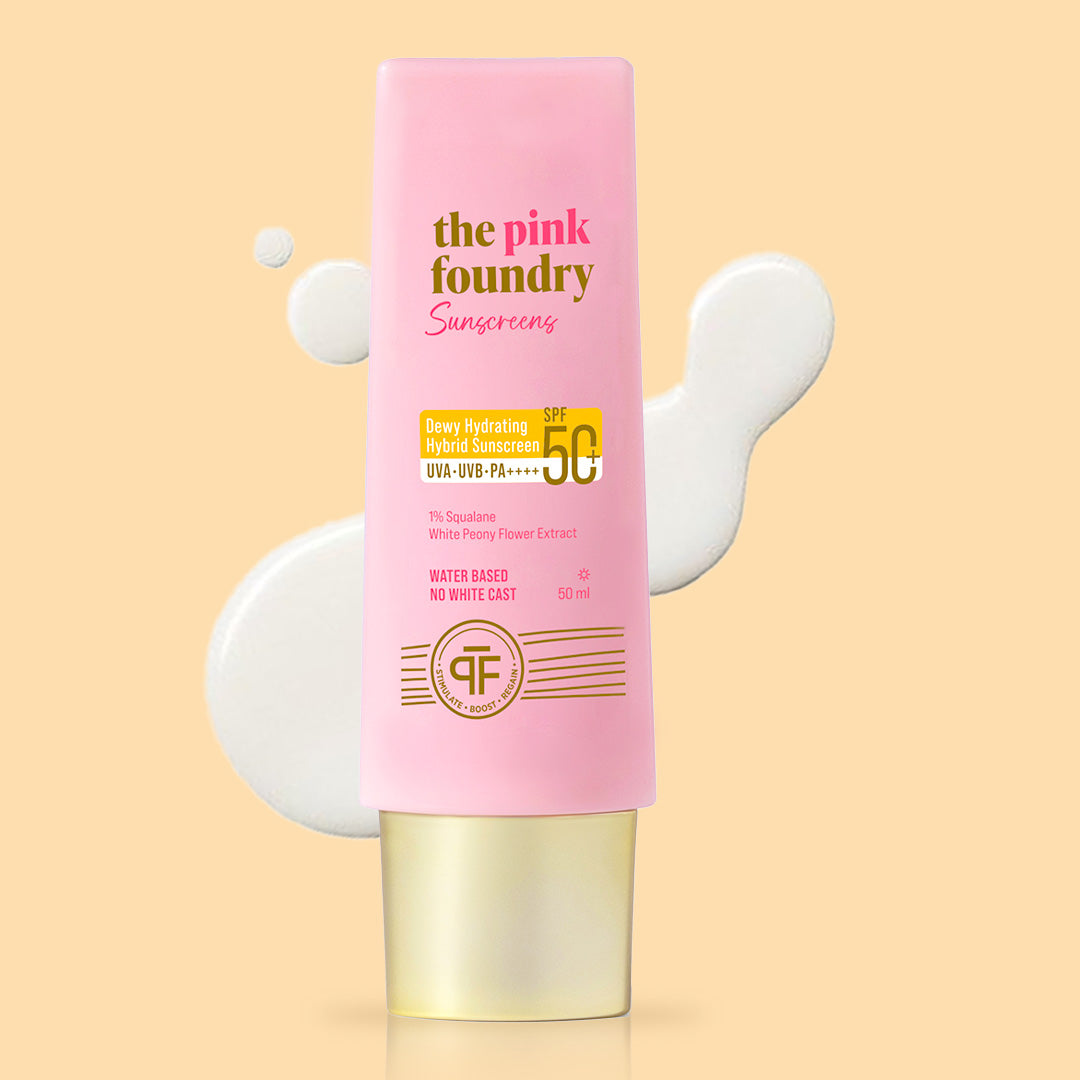
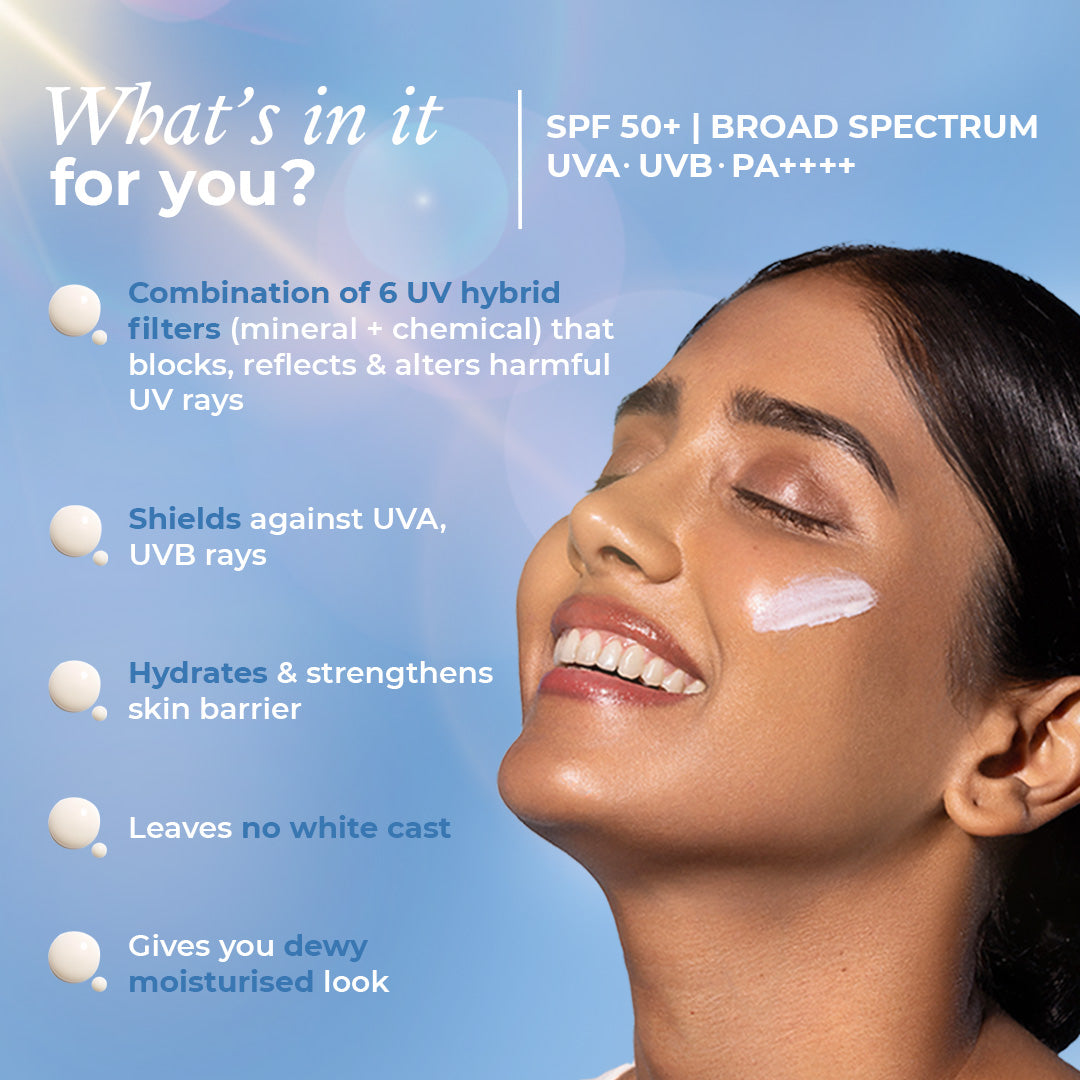


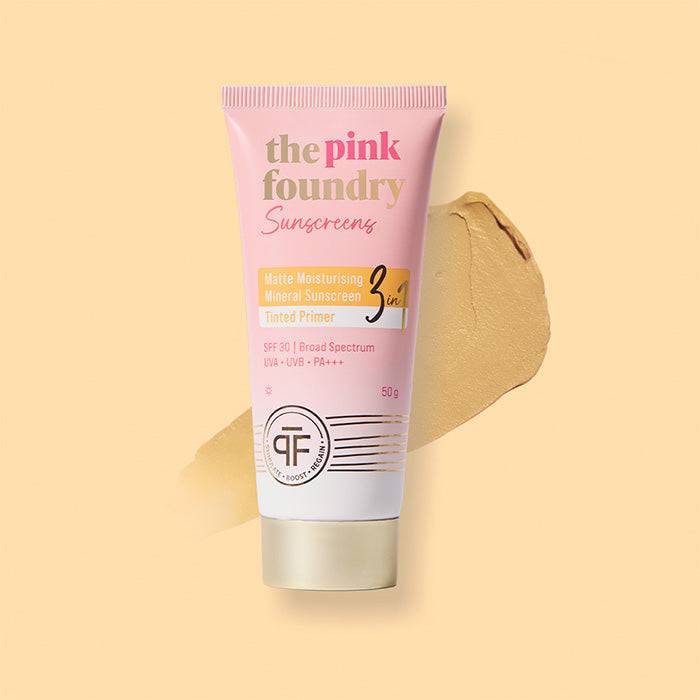
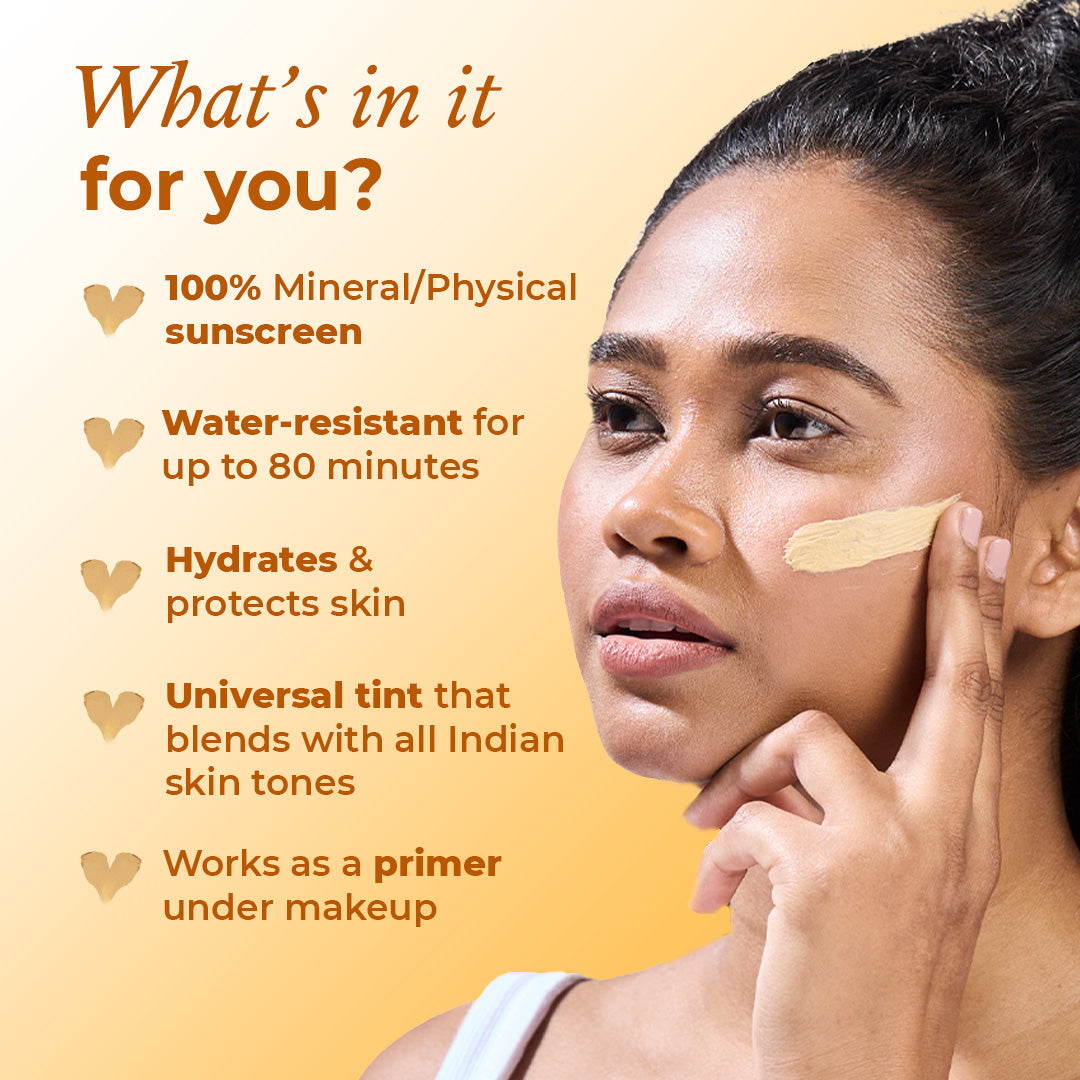



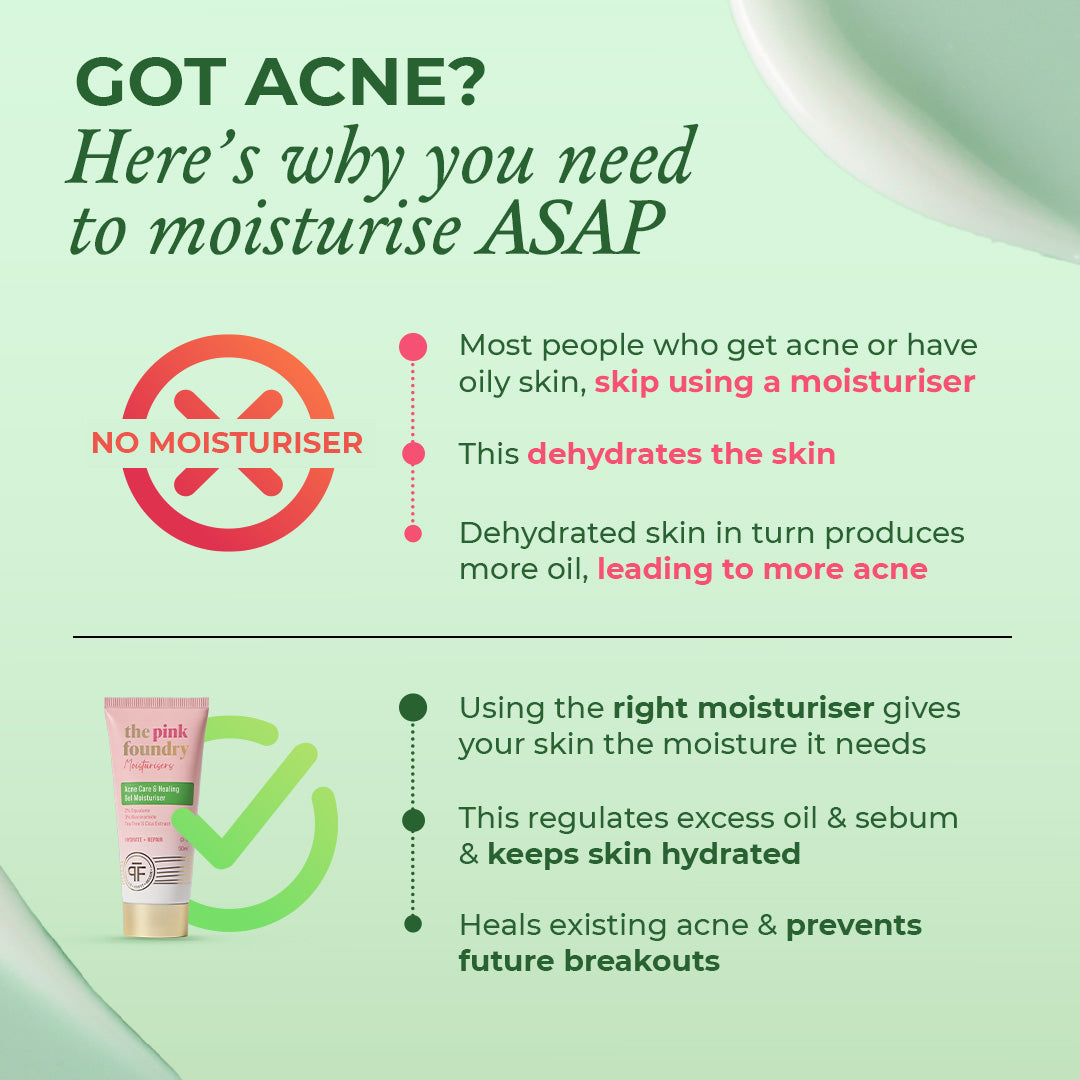
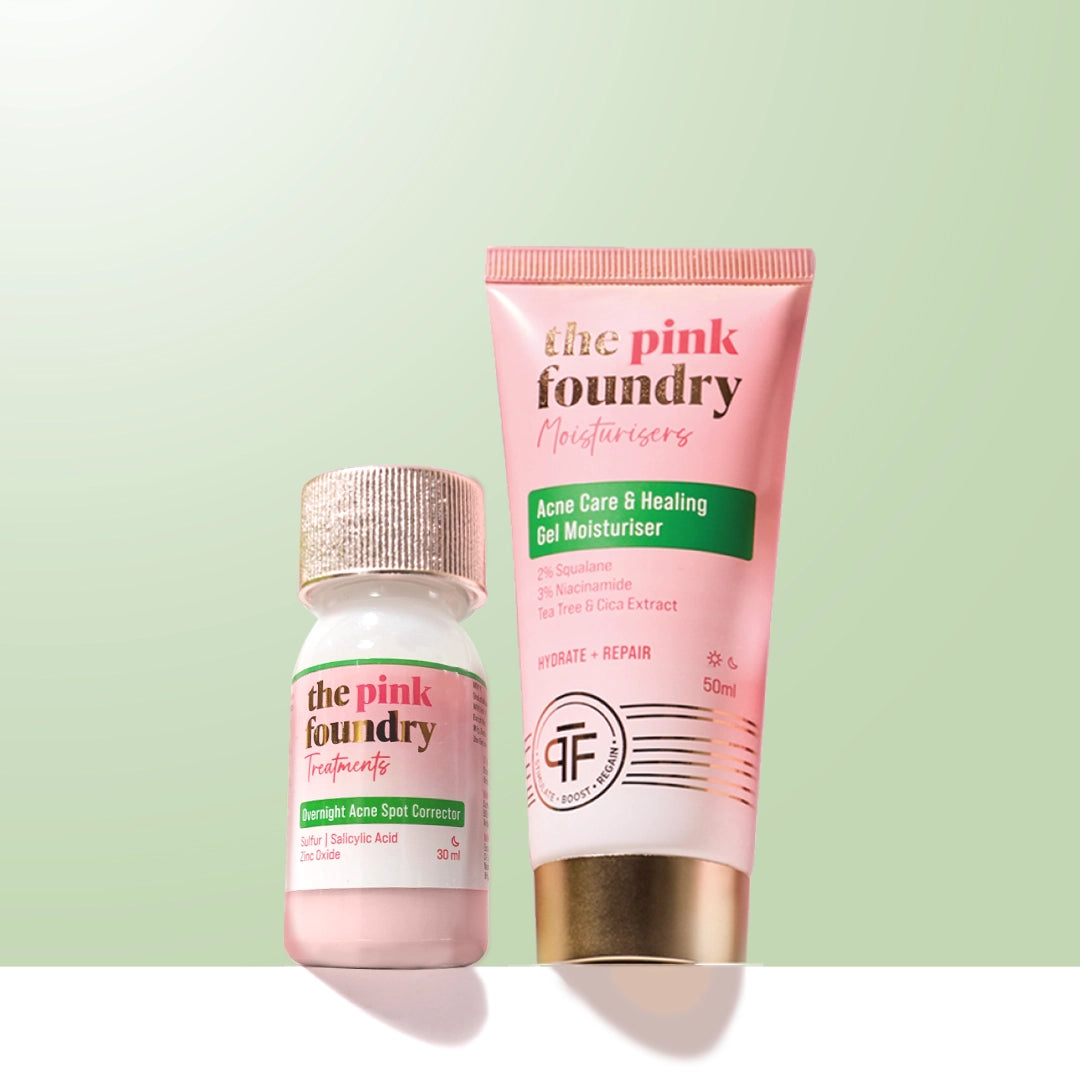
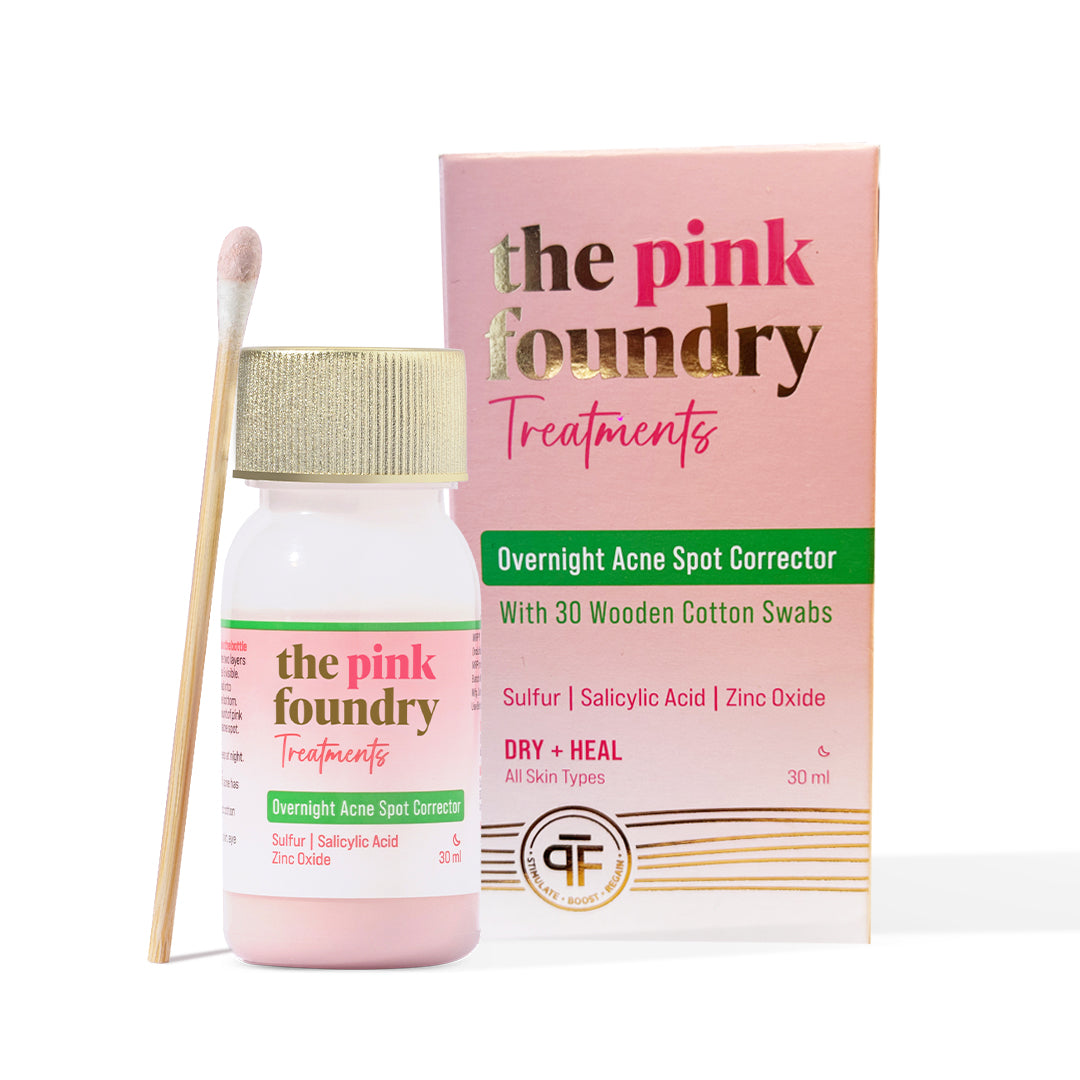
Leave a comment
This site is protected by hCaptcha and the hCaptcha Privacy Policy and Terms of Service apply.